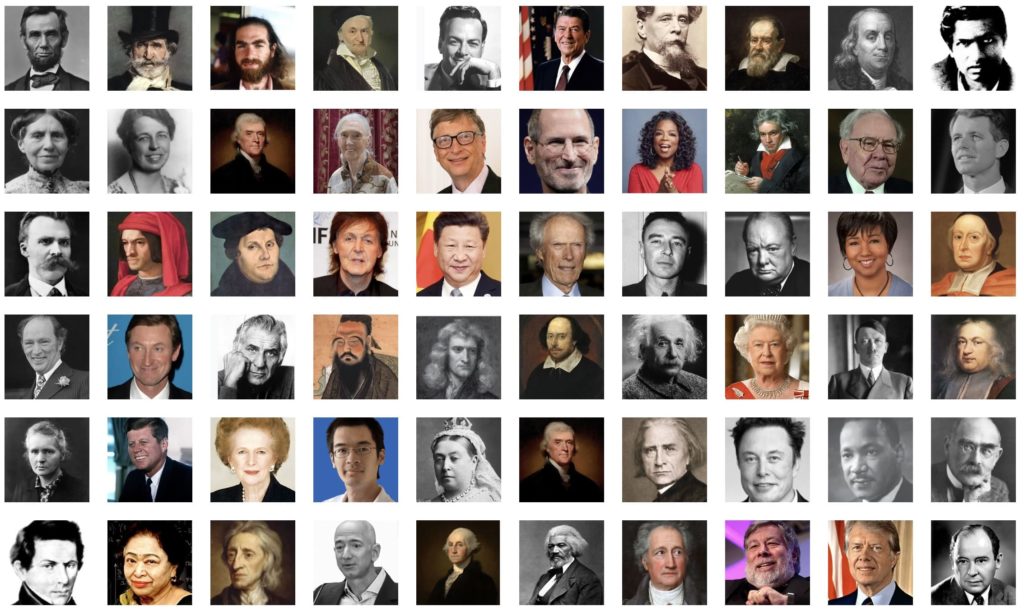
Constructive originality is the ability to innovate in the creation of a new invention, theory or idea. Many of the most celebrated humans in history made their reputations by applying their creative ability to the solution of problems or to the achievement of new intellectual breakthroughs. From the ancient world, many of the philosophers and mathematicians such as Socrates, Plato, Aristotle and Archimedes are prominent for innovative thinking that changed how we see the world.
Leonardo da Vinci, a polymath from the Renaissance who made substantial original contributions to art, anatomy, engineering and inventive devices, such as the parachute, was the quintessential creative genius. He was followed by Galileo who laid the groundwork for modern physics and Isaac Newton who developed the Law of Universal Gravitation, and co-invented calculus with Gottfried Leibniz–another creative genius.
In the modern era, Einstein looms large as a pioneer in quantum physics and the developer of the Special and General Theories of Relativity that are distinguished by their originality. In the world of invention, Edison and Tesla rank very high for their originality in developing technologies that have irrevocably changed how we humans live. Similarly, those visionaries who developed the foundations for the computer technology, including George Boole, Ada Lovelace, Claude Shannon, Alan Turing and others all demonstrated a remarkable constructive originality.
Constructive originality is more difficult to assess in realms outside of mathematics, science and engineering, because societal changes are less evident or measurable than changes in technologies. However, very many leaders in society have altered forms of government, philosophical thought or societal beliefs, through their constructive originality. Such brilliance was evident in Thomas Jefferson’s formulation of the Declaration of Independence that spawned a new nation that would become a model of technological innovation and develop as a vibrant democracy. This groundbreaking work was creatively augmented by the constructive contributions of Abraham Lincoln, Martin Luther King Jr. and others. In India, Mahatma Ghandi combined ancient Hindu philosophy with modern political strategy to develop a form of non-violent protest that eventually freed India from British rule.
It is often difficult or dangerous to propose any of our contemporaries who may be considered to be among the most creatively constructive people, because political ideology often polarizes opinions. However, it would be difficult to deny the constructive originality of Elon Musk or Jeff Bezos, especially in the week when Musk’s SpaceX rocket is retrieving two astronauts from the International Station.
There is great overlap between high intelligence and creative originality, and those who reach the pinnacles of high achievement usually have a generous supply of both qualities. Those who have high intelligence, but little creative originality usually serve as disciples of the creative innovators, organizing their theories, explaining the consequences, and clarifying the implications of the discoveries.
